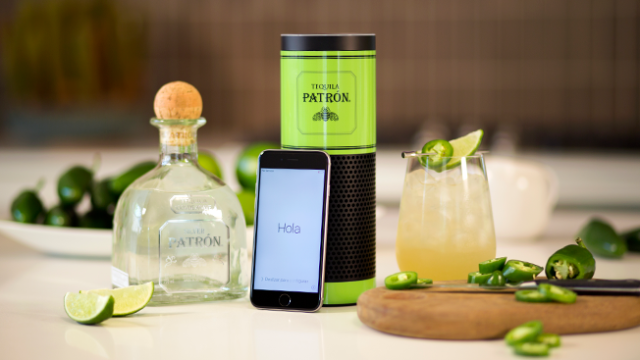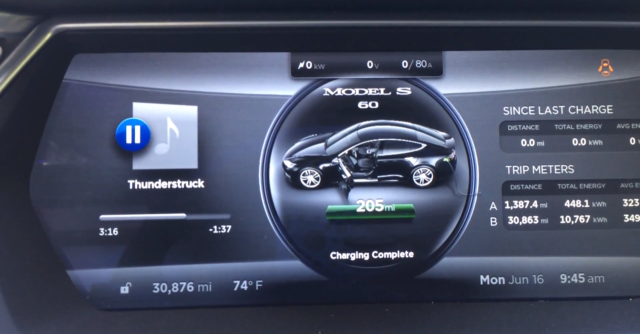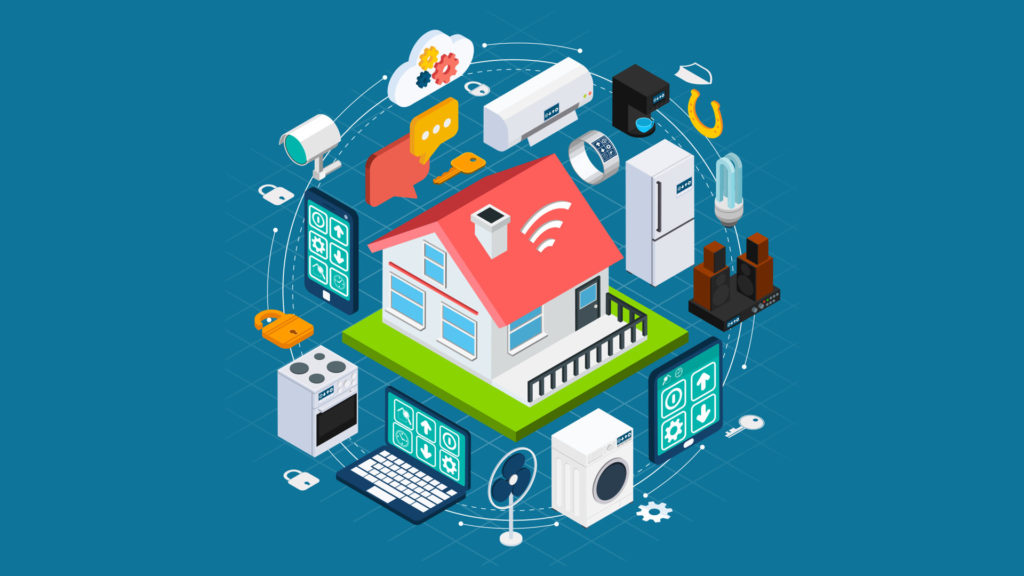When you think of the Internet of Things (IoT), you probably think of Alexa, Cortana or Siri, but these helpful AI ladies are merely using the IoT to get things done.
Stepping right off the pages of a science fiction novel, IoT is now a reality and marketers have certainly taken notice. According to data published in November, 23 percent of US advertising and marketing executives identified the IoT as “very important” compared to AR/VR, conversational marketing and artificial intelligence at 14 percent each, respectively. In addition, a separate study by Deloitte found that in 2016, more than one third of executives said their companies were actively deploying IoT. Analyst firm Gartner predicts that by 2020 there will be over 26 billion connected devices.
With these devices comes a whole lot of data, helping brands to improve their products, or even literally fixing them. In exchange, companies learn more about their audiences than ever before. Making product identification, location and consumption available in convenient and fun ways is how these five brands have become pioneers in IoT marketing.
Patrón
As the first luxury spirit brand on the Amazon Alexa platform, Patrón paired with the Echo smart speaker to deliver over 150 cocktail recipes, as well as recommendations and tips ranging from perfect pairings for food to proper ways to shake and strain tequila. For Patrón, using consumer-aimed voice recognition services is crucial to growing the brand’s profile.
“I think we want to cohabitate with consumers,” Lee Applbaum, Patrón’s global chief marketing officer, told [a]listdaily. “By that I mean we want to present our brand story, describe product attributes, or in this case, better communicate versatility in a way in which consumers want to engage with us, rather than forcing them to do it the way we wanted to.”

Under Armour
The sports apparel company has fully embraced IoT having acquired not one, but three health-tracking companies and morphing them all into a one-stop shop for tracking and sharing information. If you’ve ever wanted to track your steps, nutrition, map your run and see nutrition information as recorded by your clothes, Under Armour has the solution.
Your T-shirt is able to communicate with your smartphone, relaying information such as heart rate and the number of calories burned during a workout. During CES this year, the company even announced the UA Speedform Gemini 2 running shoes that record information as well.
“We’re always looking to reinvent ourselves, and our products, and help our athletes do the same,” Chris Glodé, vice president of Under Armour Digital, told [a]listdaily. “As an innovation company, we also realize that the best ideas won’t necessarily come from inside our walls. We have a long track record of finding great innovations and entrepreneurs, and using our brand and our ecosystem as a platform to deliver these innovations to the consumer.”
Tesla Motors
Analyst firm Gartner estimates that nearly 250 million cars will be connected to the internet by 2020, and Tesla’s electric cars are a prime example of what IoT can do. Rather than make consumers take valuable time out of their day to visit a dealer, Tesla simply issues an update and the vehicles “fix themselves.”
When a charger plug was found to cause fires, Tesla simply issued a fix for its 29,222 vehicle owners through a software update and in another fix, gave the suspension higher clearance.
While the internet can’t fix a flat tire (yet) or guarantee that everything is wired correctly, Tesla is paving the way toward what science fiction authors dreamed the future might hold.

Home Depot
Need a little help in a gigantic hardware store? Home Depot has connected its Pro Xtra loyalty program with the stores themselves by integrating consumers’ online shopping carts and wish lists with its mobile app. When contractors enters the store, they receive a personalized greeting, the most efficient route to navigate the store based on the items in their dot.com shopping cart and even a check of the store’s inventory. For Home Depot, the Pro Xtra program was all about making customers feel special.
“Relationships are the basis of our Pro Business,” J.T. Rieves, vice president of The Home Depot’s Pro Business told Pro Construction Guide. “We are constantly looking for ways to make pros feel special and to continue solving their needs so they turn right into The Home Depot parking lot instead of left into someone else’s.”
Amazon
Using the Amazon app, consumers can now re-order the product of their choice using a Dash Button. Retailing for $5 each, the device can be left anywhere around the home and will place an order through Amazon at the press of a button via Wi-Fi.
Don’t worry about your toddler ordering a fortune in toilet paper, though—with Order Protection enabled, the Dash Button will not place a new order until your prior order is delivered—regardless of how many times the button is pressed.

